Are Coyotes a Threat to Farm Animals?
As a farmer, you rely on your animals and crops to help make your living. That’s why the sound of coyotes nearby can be a real source of panic, because who knows what these predators will do to your farm animals?
Are They a Threat?
The short answer is yes. Coyotes are natural hunters. While they are omnivores and eat both meat and vegetables, they prefer to make a meal out of other animals. Meaning the presence of all your farm animals looks like a buffet to them. They’re particularly fond of animals the same size as themselves or smaller, like sheep or chicken, and will rarely go after something as big as a cow.
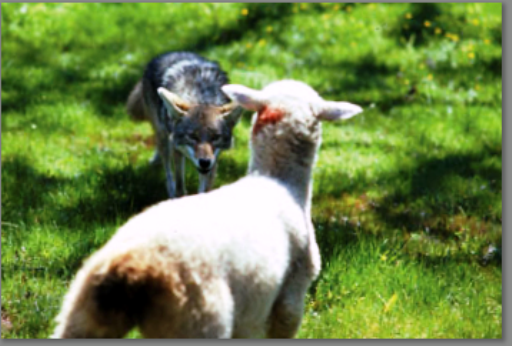
Their threat is made worse by their rapid population growth. Coyotes tend to work in packs, so they’re going to have plenty of protection to raise their young. Meaning the problem is only going to get worse over time. While physical coyote attacks are bad, they have another effect that’s much worse. Coyotes are the source of plenty of diseases, including rabies and mange, so they can infect your farm animals if they come into contact with them. Losing a few chickens or sheep to coyotes is bad enough, but having your animals contract a disease and spreading it amongst themselves could lead to all of them dying.
What to do?
While coyotes may decide to go after your farm animals and could spread diseases to them, you aren’t completely helpless. There are plenty of things you can do to help protect your animals, and save yourself from the headache coyotes cause.
Build a Fence
Perhaps the best way to keep coyotes at bay is to introduce a physical barrier between your animals and them. This also helps prevent farm animals from wandering off and makes managing your farm much easier.
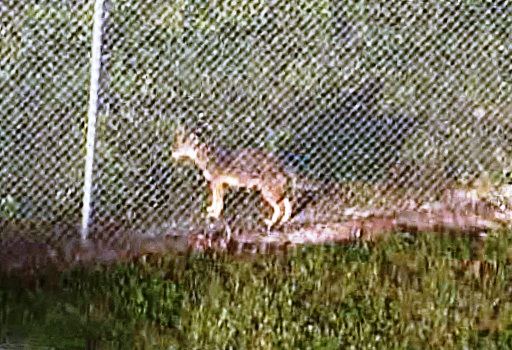
Be warned though as coyotes are great jumpers, so not every fence will do the job. You’re going to want one that’s at least eight-feet-tall, and it’s best to get one that’s barbed, electric, or has a roller on top.
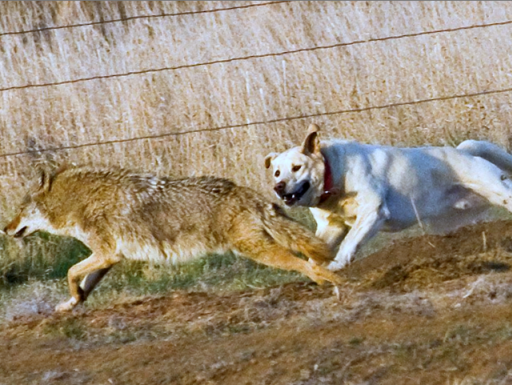
Get Guard Dogs
If you don’t have a few already, be sure to get some dogs to help protect your farm animals. These guard dogs will keep coyotes out by claiming the farm as their own territory. They also help protect against a coyote that decides to get too close by barking at it and scaring it away.
Lock Your Animals Up at Night
To adapt to human life, most coyotes have learned to go hunt at night when fewer people are awake. This means that your animals are most vulnerable after the sun has set. To protect them, it’s suggested you lock your animals up inside a large barn during the night, which adds an extra layer of protection. Unfortunately, this also has its downsides as any parasites or diseases will quickly spread between your animals in the barn’s cramped space.
Wrap Up
While coyotes can both attack your farm animals for food and transfer diseases to them, there are several steps you can take to minimize the impact. These include setting up fences, getting guard dogs, and locking your animals up at night.
Select Your Animal

Raccoons
Raccoon Removal Information & How-To Tips
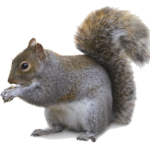
Squirrel
Squirrel Removal Information & How-To Tips
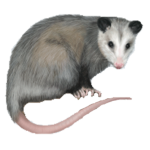
Opossum
Opossum Removal Information & How-To Tips
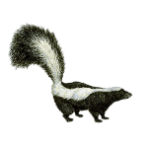
Skunks
Skunks Removal Information & How-To Tips
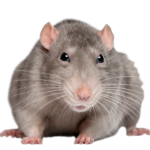
Rats
Rat Removal Information & How-To Tips
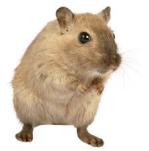
Mouse
Mouse Removal Information & How-To Tips
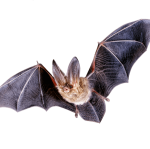
Bat
Bat Removal Information & How-To Tips
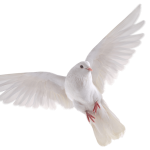
Bird
Bird Removal Information & How-To Tips
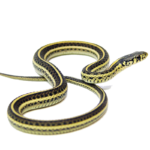
Snake
Snake Removal Information & How-To Tips
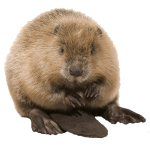
Beaver
Beaver Removal Information & How-To Tips
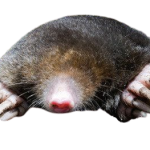
Mole
Mole Removal Information & How-To Tips
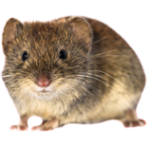
Vole
Vole Removal Information & How-To Tips

Gopher
Gopher Removal Information & How-To Tips
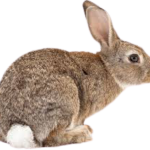
Rabbit
Rabbit Removal Information & How-To Tips
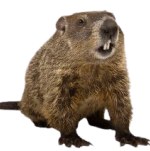
Woodchuck
Woodchuck Removal Information & How-To Tips
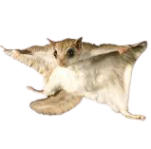
Flying Squirrel
Flying Squirrel Removal Information & How-To Tips
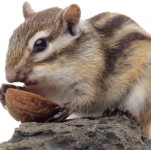
Chipmunk
Chipmunk Removal Information & How-To Tips
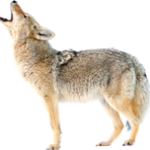
Coyote
Coyote Removal Information & How-To Tips
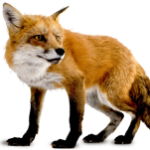
Fox
Fox Removal Information & How-To Tips
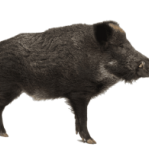
Wild Hog
Wild Hog Removal Information & How-To Tips
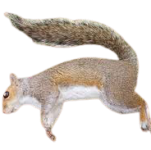
Dead Animal
Dead Animal Removal Information & How-To Tips